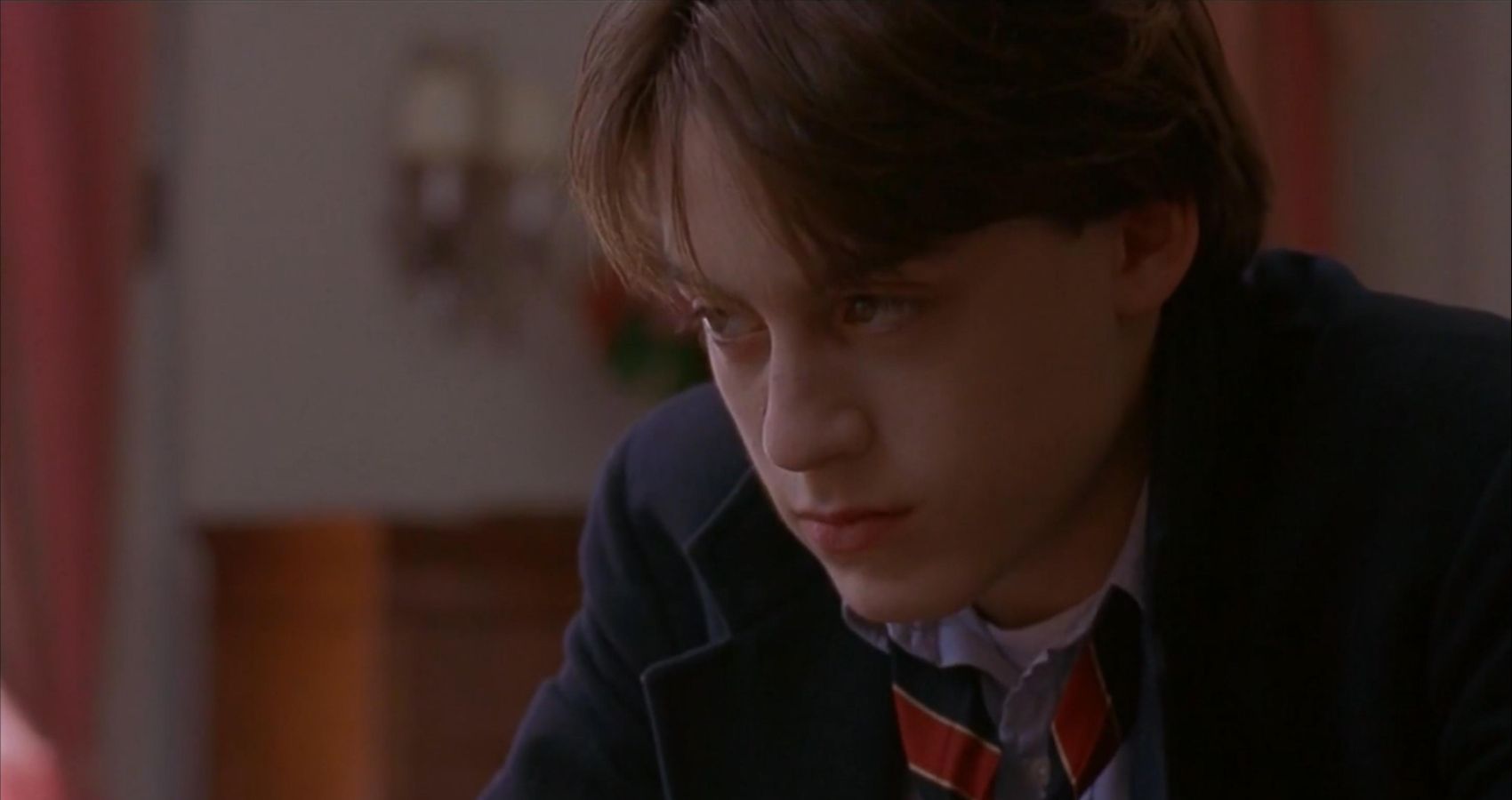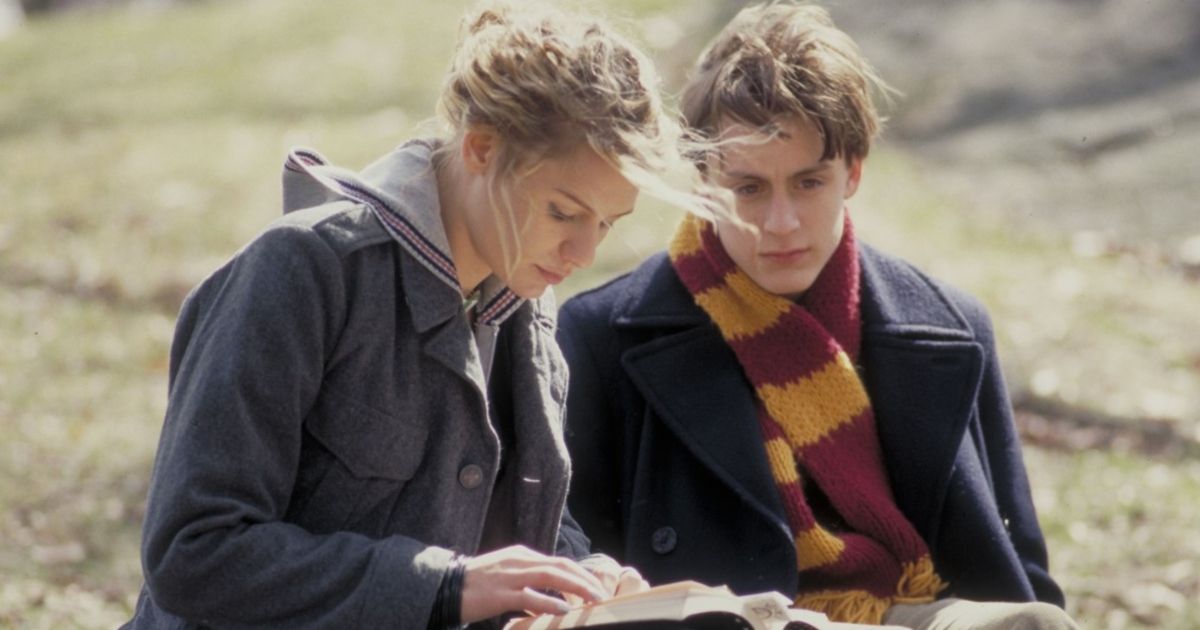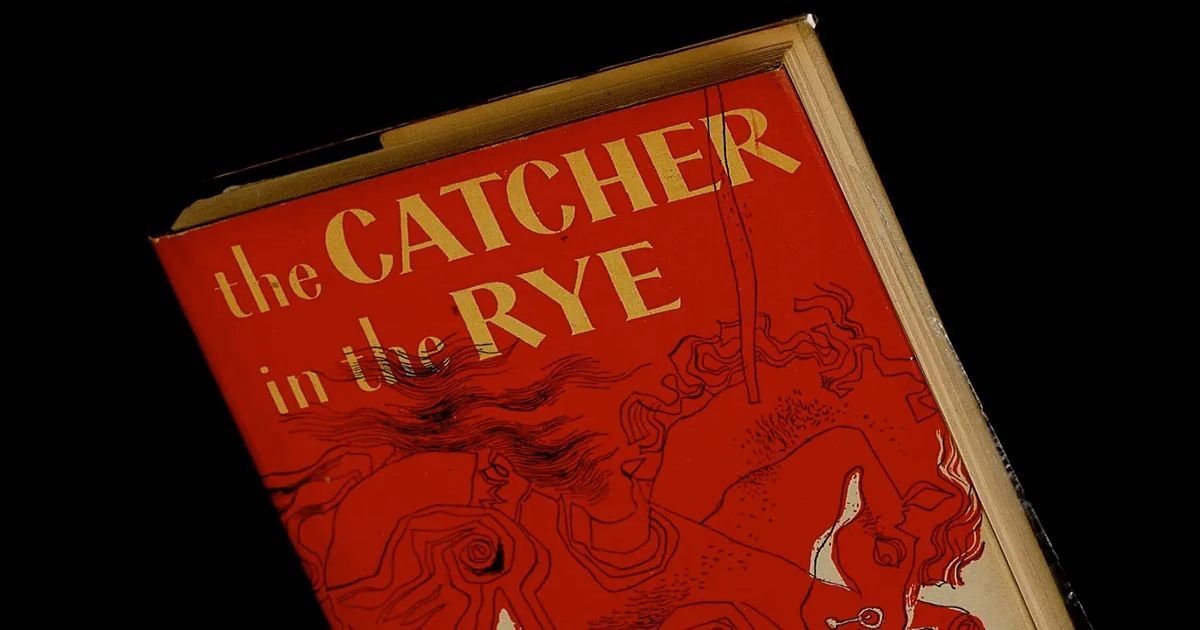J.D. Salinger's 1951 novel The Catcher in the Rye is one that many high school students are familiar with; it is a favorite amongst English teachers. And it's not hard to see why it would have such a time-enduring appeal. It's a coming-of-age story (albeit a male-centric one) that most teens going through a rebellious, angsty, or otherwise confusing phase in their lives can relate to. Even if one has yet to go through this phase or is a few years past it, relating to the main character of Holden Caulfield is a simple task. Holden is hypocritical, as most of us sometimes are; he is cowardly, as most of us sometimes are; and he is always learning, as all of us always are.
While the novel certainly has its fans, it also has its critics. Some cite Holden as being too unlikable. Others think that The Catcher in the Rye needs to stop being heralded as the gold standard of coming-of-age stories. And while the truths to those two notions are entirely subjective, they are well-founded critiques, as valid as any praise.
While Salinger was still alive, he seemed to be open to making a film adaptation of his novel. However, he famously rejected many offers made, including Stephen Spielberg's. Although with his death, an adaptation is unlikely, there is a film out there that shares many similarities with The Catcher in the Rye and can be viewed through much the same lens as the novel.
Here's why Igby Goes Down is a perfect spiritual film adaptation of The Catcher in the Rye.
Igby & Holden: Similar Struggles
Igby Slocumb (Kieran Culkin) and Holden Caulfield's similarities begin with their relationship to school. Very early on in both The Catcher in the Rye and Igby Goes Down, it is well established that they have a tendency to get kicked out of or quit many of the educational institutions they get sent to. In Igby's case, this also includes a military academy. The Caulfields are also suggested to have decent wealth, being able to send their son to these schools, while the Slocumbs are outright demonstrated to have a massive fortune. Both Igby and Holden's financial status comes into play as major obstacles in their respective journeys. The two of them have difficulty finding shelter each night; while Igby's living situation is more secure, it's still fragile.
Going beyond the more circumstantial similarities, both boys struggle with their relationships, familial and romantic. Holden is inconsistent, going from wanting to be with the girls in his life to speaking to them condescendingly. Igby is more successful than Holden, but his lack of direction costs him two romantic pursuits in the film.
In terms of family, Holden has a better relationship with his parents and siblings, knowing very well that it's his fault for his present circumstances and doting on his little sister. However, Igby actively resents his mother and has a strenuous relationship with his older brother. Both of which he views (with good reason) as domineering and cruel people. While these may highlight differences, each of their home lives leads to their journeys. Holden doesn't want to face his family for fear of what they'll say to him, while Igby wants to get away from his family because of his distaste for them.
Igby & Holden: Ending on a High Note
For all the morally questionable things that Holden and Igby do throughout their character arcs, in the end, they take the proper steps to better themselves. At the end of The Catcher in the Rye, Holden goes to live with his older brother and stays in a mental hospital. While at the end of Igby Goes Down, Igby leaves for Los Angeles to get a break from his family and the toxic environment they have fostered.
These moments are essential because both characters spend a large majority of their time falling through a downward spiral. The decisions that they make only serve to dig themselves into deeper holes. For Holden, it's his pursuit of women (which usually ends in failure), and for Igby, it's his drug use. Without this moment of protecting their own mental health, their character arcs would be incongruent and incomplete. And by doing so, they end on a high note, a suggestion for anyone going through a similar journey that it gets better.
While Igby Goes Down and The Catcher in the Rye don't mirror each other perfectly, the similarities are enough that a fan of one would also likely be a fan of the other. Igby Goes Down places a higher emphasis on comedy and being sardonic, while The Catcher in the Rye tells a more concise story of the mental state of a teenage boy. And while The Catcher in the Rye likely won't receive a faithful film adaptation anytime soon, Igby Goes Down should be enough to satiate fans until that time comes.



